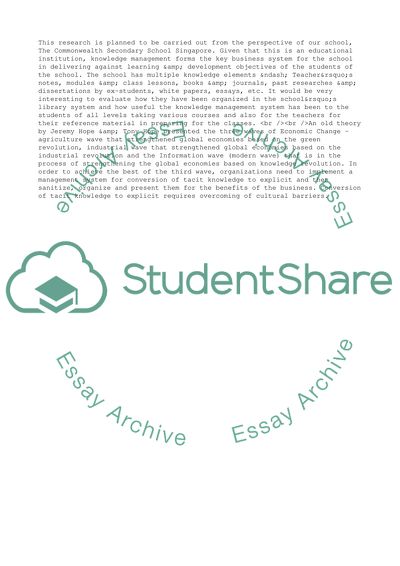Cite this document
(“Knowledge Management and Organizational Competencies Dissertation”, n.d.)
Knowledge Management and Organizational Competencies Dissertation. Retrieved from https://studentshare.org/management/1549514-knowledge-management-and-organizational-competencies
Knowledge Management and Organizational Competencies Dissertation. Retrieved from https://studentshare.org/management/1549514-knowledge-management-and-organizational-competencies
(Knowledge Management and Organizational Competencies Dissertation)
Knowledge Management and Organizational Competencies Dissertation. https://studentshare.org/management/1549514-knowledge-management-and-organizational-competencies.
Knowledge Management and Organizational Competencies Dissertation. https://studentshare.org/management/1549514-knowledge-management-and-organizational-competencies.
“Knowledge Management and Organizational Competencies Dissertation”, n.d. https://studentshare.org/management/1549514-knowledge-management-and-organizational-competencies.


